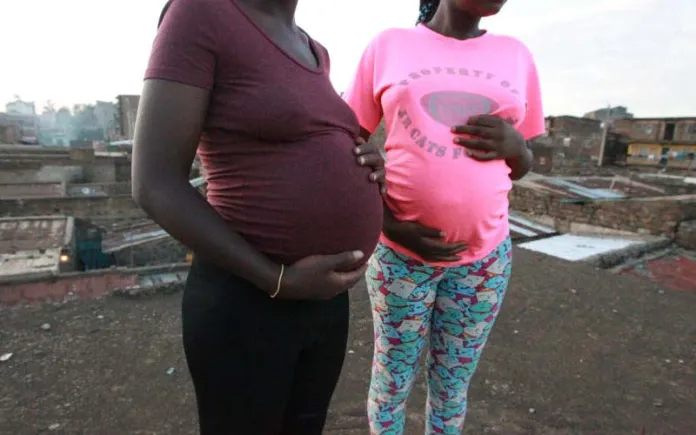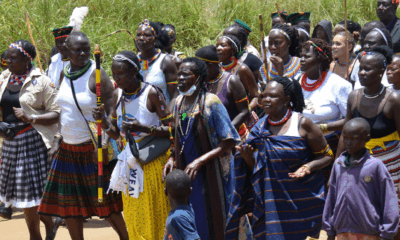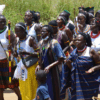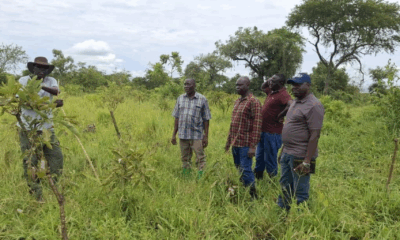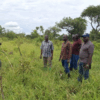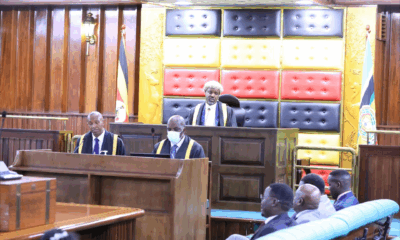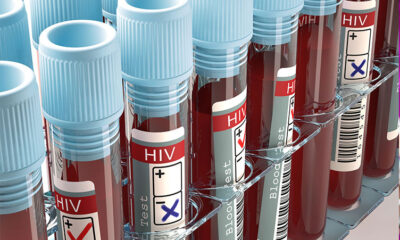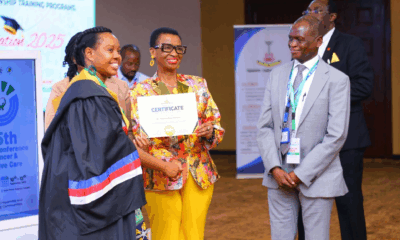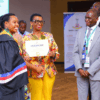Health
UNICEF Urges Concerted Effort to Combat Soaring Teenage Pregnancies, Child Marriages in Busoga
Dr. Robin Nandy, the UNICEF Country Representative in Uganda, has issued an urgent call for unified action from all stakeholders to tackle the alarming rates of teenage pregnancies and child marriages, particularly in the Busoga sub-region. He characterised the crisis as a significant developmental setback, imperilling the lives of young girls and hindering their future contributions to the nation.
Speaking during an engagement with educators in the region, Dr. Nandy highlighted the stark statistics. While Uganda’s national teenage pregnancy rate stands at 25%, the Busoga sub-region records an even higher rate of 30%, according to the Ministry of Health. Compounding the issue, many of these young mothers are married off before reaching 18 years old, perpetuating cycles of poverty and vulnerability for generations.
Further data from UNFPA reveals a distressing trend: in 2021 alone, Uganda registered approximately 32,000 teenage pregnancies each month, a surge largely attributed to school closures during the COVID-19 pandemic. Dr. Nandy underscored that these early pregnancies strip girls of their fundamental right to education, expose them to severe health risks, and inflict lasting social stigma.
He stressed that a multi-sectoral approach is crucial to addressing this crisis, calling for collaboration among development partners, civil society organisations, government ministries, local governments, parents, and educators. Beyond prevention, Dr. Nandy appealed to communities to create safe spaces for teenage mothers to lead productive lives post-childbirth, advocating for programs that facilitate their return to school and equip them with essential life skills.
“I have watched with grief as young girls—some barely in their teens—hold babies in maternity wards, overwhelmed by the sudden burden of motherhood,” Dr. Nandy lamented. “They need support not just to raise their children, but to complete their education and live impactful lives.”
Educators in the Busoga region echoed Dr. Nandy’s plea, emphasising the critical role of empowering girls as a preventative measure against early pregnancy. Aisha Male, headteacher at Masese Seed School in Jinja City, shared insights from her three decades of teaching. She observed that empowered girls, especially those with robust parental backing, are significantly less susceptible to early sexual activity.
“Most girls who fall into early sex lack confidence in their parents’ ability to meet basic needs like food and sanitary pads,” Male explained. “When girls trust their parents, they are more likely to stay focused and avoid risky behaviour.” She urged parents to actively engage in their children’s well-being, stressing that open communication and trust within the home are paramount in fostering girls’ confidence and safeguarding them from exploitation.
The call to action from UNICEF and local educators underscores the urgent need for a collective and comprehensive response to protect Uganda’s youngest generation from the devastating consequences of teenage pregnancies and child marriages.
Comments



